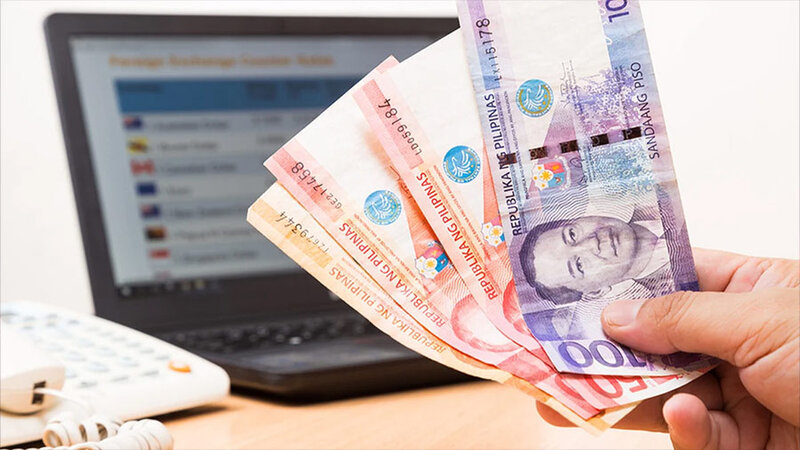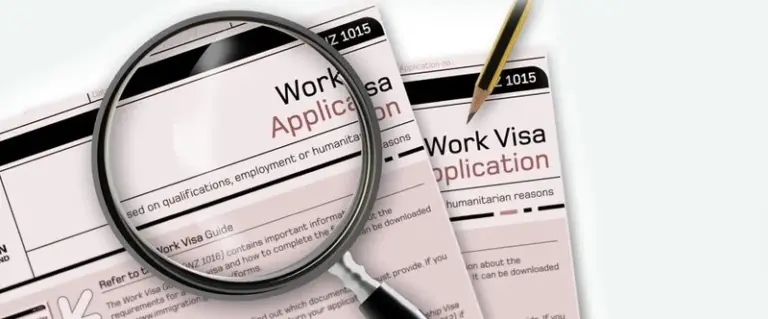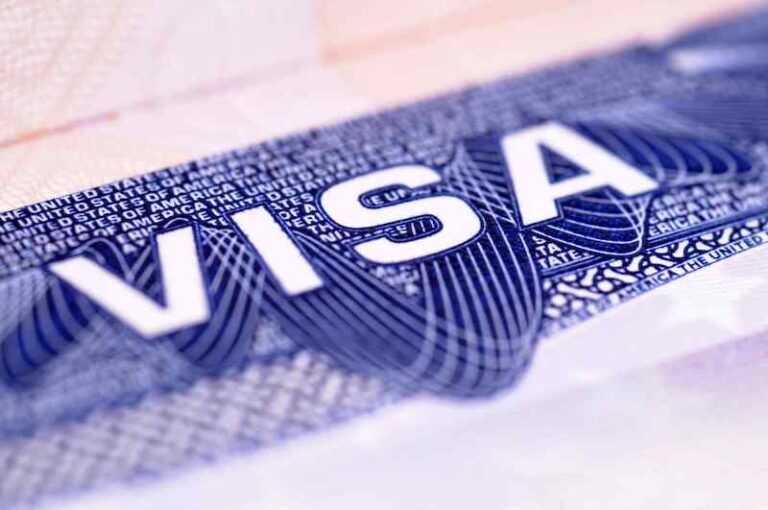Cost of living and taxes in the Philippines Manila city everything you need to know
Are you considering moving to Manila? It’s important to understand the cost of living and taxes before making a decision. In this article, we’ll cover everything you need to know about the cost of living and taxes in Manila.

Understanding the Cost of Living in Manila
Manila, the capital city of the Philippines, is a bustling metropolis with a population of over 12 million people. It is a city that offers a unique blend of modernity and tradition, with its towering skyscrapers standing side by side with historic landmarks such as the Intramuros, a walled city dating back to the Spanish colonial era.
As one of the most densely populated cities in the world, Manila can be an expensive place to live in. The cost of living in Manila varies depending on several factors, including your lifestyle, location, and income level. In this article, we will take a closer look at the cost of living in Manila and provide insights into how much you can expect to pay for basic necessities.
How much is the rent in Manila?
Housing One of the biggest expenses in Manila is housing. The cost of renting an apartment can vary significantly depending on the location, size, and amenities. However, the rent can go up or down depending on the location and amenities.
For instance, a one-bedroom apartment in a central area like Makati or Bonifacio Global City (BGC) can cost around PHP 35,000 to PHP 70,000 per month, while the same apartment in a less expensive area like Quezon City or Pasig can be around PHP 25,000 to PHP 30,000 per month.
If you’re looking to buy a house or a condo unit, expect to spend more upfront costs and monthly amortization fees.
What is the cost of food in Manila?
Food is one of the most affordable expenses in Manila, especially if you’re willing to try local street food or eat at small eateries called “carinderias”.
A meal at a carinderia can cost as low as PHP 60, while a fast-food chain meal can be around PHP 120 to PHP 200. If you prefer to dine in restaurants, expect to spend PHP 300 to PHP 500 per person for mid-range establishments, while luxury dining could reach PHP 1,000 or more per head.
Groceries are also affordable, with a kilogram of rice costing around PHP 40 to PHP 80, while meat and vegetables are sold at PHP 180 to PHP 300 per kilogram.
Transportation cost in Manila
Transportation Getting around in Manila can also be costly, especially if you’re not familiar with the public transportation system.
Most locals use jeepneys, buses, and trains to get around the city. A one-way fare on a jeepney can range from PHP 10 to PHP 20, while a bus ride costs around PHP 13 to PHP 25. There’s also a train line called MRT that runs through several key areas in the metro which cost PHP 16 to PHP29 depending on the distance traveled.
If you prefer to use ride-sharing services like Grab or taxis, expect to pay around PHP 150 to PHP 300 for short trips and over PHP 500 for longer ones. Owning a car can be even more expensive due to the traffic congestion in the city — gas prices average at PHP 50 to PHP 60 per liter, while parking fees range from PHP 50 to PHP 100 per hour.
The cost of utilities in Manila
Utilities The cost of utilities in Manila varies depending on your consumption and location. For example, electricity bills can be high during the summer months when air conditioning units are used frequently.
On average, monthly utility costs can range from PHP 2,500 to PHP 5,000 for a typical household that includes electricity, water, and internet. Cable TV service may add up to PHP 800-1000 per month.
Cost for Entertainment Manila
Entertainment Manila offers plenty of entertainment options, including theaters, movie houses, and shopping centers. A movie ticket at a mall theater costs around PHP 250 to PHP 400, while a live theater show can be priced between PHP 1,000 to PHP 3,000.
Shopping in malls can range from simple window-shopping to luxury shopping. There are outlet-type malls that offer discounts up to 70% off regular prices and luxurious malls that showcase brands of international designers with a premium price tag.
Understanding Taxes in Manila
Understanding taxes in Manila can be quite overwhelming, especially for those who are not familiar with the country’s tax system. Therefore, it is essential to have a basic understanding of the different types of taxes that are levied and how they work.
The primary tax authority in Manila is the Bureau of Internal Revenue (BIR), which is responsible for collecting taxes on behalf of the government. The BIR collects various taxes, including income tax, value-added tax (VAT), excise tax, among others.
Income tax
Income tax is levied on individuals and businesses based on their income. The Philippines follows a progressive taxation system, where higher incomes are taxed at a higher rate than lower incomes. The rates of income tax range from 0% to 35%, depending on the income bracket.
Value-added tax
Value-added tax (VAT) is a tax levied on goods and services at each stage of production and distribution. The current VAT rate in Manila is 12%. However, certain goods and services may be exempt from VAT or subject to a reduced rate of 0% or 5%.
Excise tax
Excise tax is a tax levied on specific goods, such as tobacco, alcohol, and fuel. The tax rate varies depending on the type of product.
Real property tax
Apart from these taxes, there are also other taxes that individuals and businesses need to pay in Manila, such as real property tax, transfer tax, and documentary stamp tax.
Real property tax is a tax levied on real estate properties situated in Manila. The tax rate varies depending on the location and value of the property.
Transfer tax is a tax levied on the transfer of ownership of real estate properties, while documentary stamp tax is a tax levied on legal documents, such as contracts, agreements, and deeds.
What happens if I don’t pay my taxes in Manila?
If you fail to pay your taxes in Manila, you may face penalties and interest charges. The BIR can also file a criminal case against you, which can result in fines or imprisonment. It’s important to keep track of your taxes and pay them on time to avoid any legal issues.
FAQs
What is the minimum wage in Manila?
The minimum wage in Manila varies depending on the industry and location. As of 2023, the minimum wage for non-agricultural workers in Metro Manila is PHP 700 (USD 14) per day.
Is it expensive to own a car in Manila?
Owning a car in Manila can be expensive due to the high cost of gasoline, car maintenance, and parking fees. You also need to pay an annual registration fee based on the vehicle’s value.
Can foreigners buy property in Manila?
Yes, foreigners can buy property in Manila but with certain restrictions. They’re not allowed to buy land, but they can purchase a condominium unit or townhouse.
How do I open a bank account in Manila?
To open a bank account in Manila, you need to provide valid identification documents such as a passport or driver’s license. Some banks may also require proof of income or residency. You can visit a bank branch in person or apply online through their website.
What is the cost of healthcare in Manila?
The cost of healthcare in Manila varies depending on the type of service needed and location. Public hospitals offer affordable healthcare, but the quality of care may not be as high as private hospitals. Private hospitals are more expensive but provide better facilities and services.
Conclusion
Moving to Manila can be an exciting adventure, but it’s important to understand the cost of living and taxes before making a decision. The cost of living in Manila is relatively affordable compared to other major cities in the world, and taxes are applied based on your income bracket and type of activity. By understanding these factors, you can make informed decisions and enjoy all that Manila has to offer.





